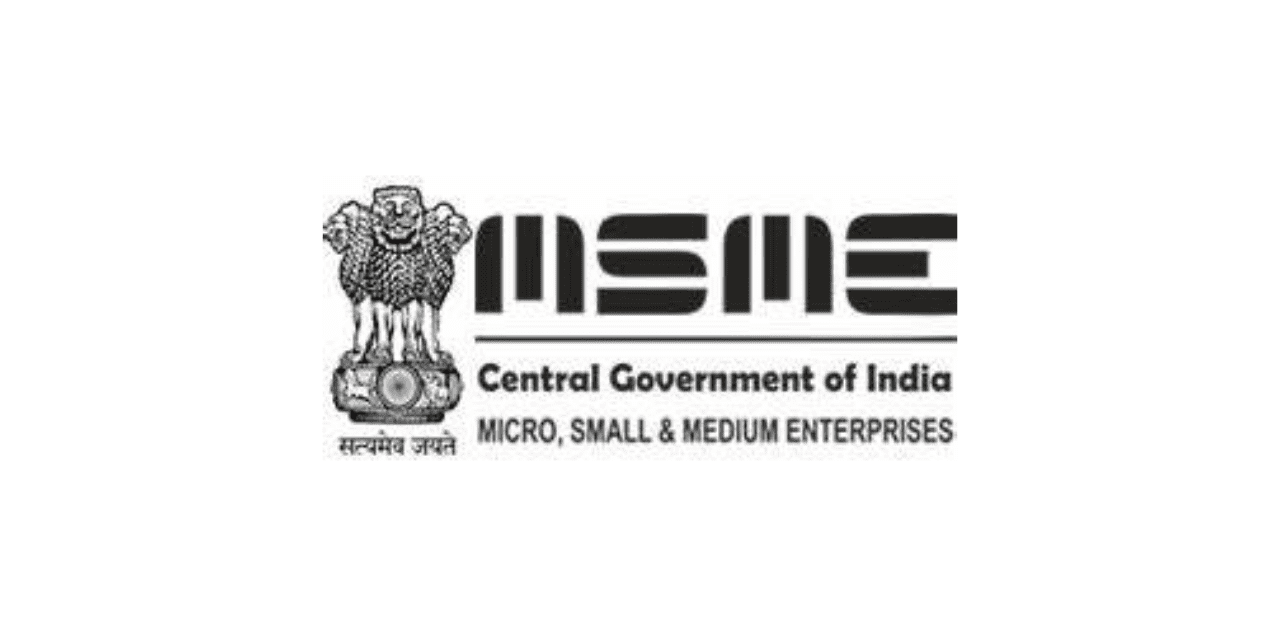The amendments to the factoring law approved by the Lok Sabha on Monday will bolster cash flow to micro, small and medium businesses (MSMEs), Finance Minister Nirmala Sitharaman said.
The Factoring Regulation (Amendment) Bill, 2020, seeks to broaden the participation of entities in the factoring business, thus expanding the avenues of working capital credit to even small businesses. It also relaxes restrictive provisions in the extant law and empowers the central bank to come out with norms for better oversight of the $6-billion factoring market.
Sitharaman said the amendments are in sync with the UK Sinha panel recommendations. The Bill has already passed through the scrutiny of the standing committee on finance, and the government has also accepted their suggestions, she said.
The Bill, which was cleared without a proper discussion amid a din in the Lok Sabha, had been listed since last week. But discussions on the amendments couldn’t take place due to frequent disruptions in House proceedings.
The new Bill seeks to allow all non-banking financial companies (NBFCs), instead of a select few, to engage in the factoring business.
Factoring is essentially a transaction where an entity (like an MSME) sells its receivables (dues from a customer) to a third party (a ‘factor’ like a bank or NBFC) for immediate funds. It often helps a firm satiate its immediate working capital requirement. Many MSMEs, whose payments against supplies are stuck, participate in the factoring business with receivables.
Despite growth in recent years, the factoring market accounts for only 0.2% of India’s GDP, way behind comparable developing economies such as Brazil (4.1%) and China (3.2%), according to a report of the parliamentary standing committee on finance, which reviewed the Bill. The factoring market worldwide is projected to reach $ 9.2 trillion by 2025.
In India, factoring credit makes up for only 2.6% of total formal MSME loans, way below 11.2% in China. Moreover, only 10% of the total receivable market is currently covered under a formal bill discounting mechanism.
The factoring Bill also seeks to amend the definitions of “assignment”, “factoring business” and “receivables”, to bring them in sync with international definitions, and to insert a new definition of “Trade Receivables Discounting System”.
The House panel, in its report submitted in February, had stressed the need for the RBI to build sufficient regulatory resources to ensure effective supervision of factoring activities now that a large number of players may take part in such businesses.

